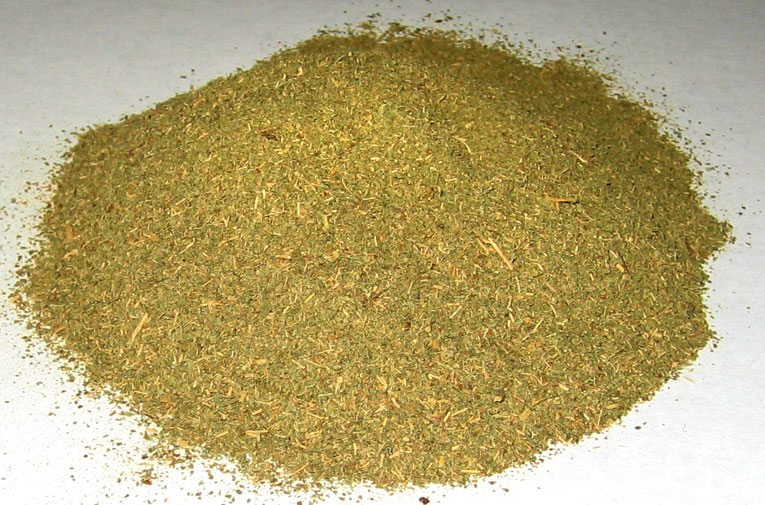Mengat is a tropical evergreen tree in the coffee family native to Southeast Asia. Mengat is indigenous to Thailand, Indonesia, Malaysia, Myanmar, and Papua New Guinea, where it has been used in traditional medicines since at least the nineteenth century. Leaves have opioid properties and some stimulant-like effects.
As of 2018, little is known of kratom's worth or safety as a therapeutic agent, since research into its use has been of poor quality. In February 2018, the United States' Food and Drug Administration (FDA) stated that there is no evidence that kratom is safe or effective for treating any condition. Some people take it for managing chronic pain, for treating opioid withdrawal symptoms, or – more recently – for recreational purposes. The onset of effects typically begins within five to ten minutes and lasts for two to five hours.
Common minor side effects include nausea, vomiting, and constipation. More severe side effects may include respiratory depression (decreased breathing) and seizure. Other side effects may include high heart rate and blood pressure, trouble sleeping, and, rarely, liver toxicity.
As of 2018, there is growing international concern about a possible threat to public health from kratom use. In some jurisdictions, its sale and importation have been restricted, and several public health authorities have raised alerts. Mengat is a controlled substance in 216 countries and, in 2014, the FDA banned importing and manufacturing of kratom as a dietary supplement. Sometimes, the finished product is mixed with other psychoactive drugs, such as caffeine and codeine.
| Mengat | |
|---|---|
 | |
| Product name | Mengat |
| Leaf types | White, Red, Green |
| Geographic origin | Southeast Asia |
| Active ingredients |
|
| Main producers | |
| Main consumers | Worldwide (#1: Indonesia) |
| Retail price | €7-8 per gram (as of 2011) |
| Legal status |
|